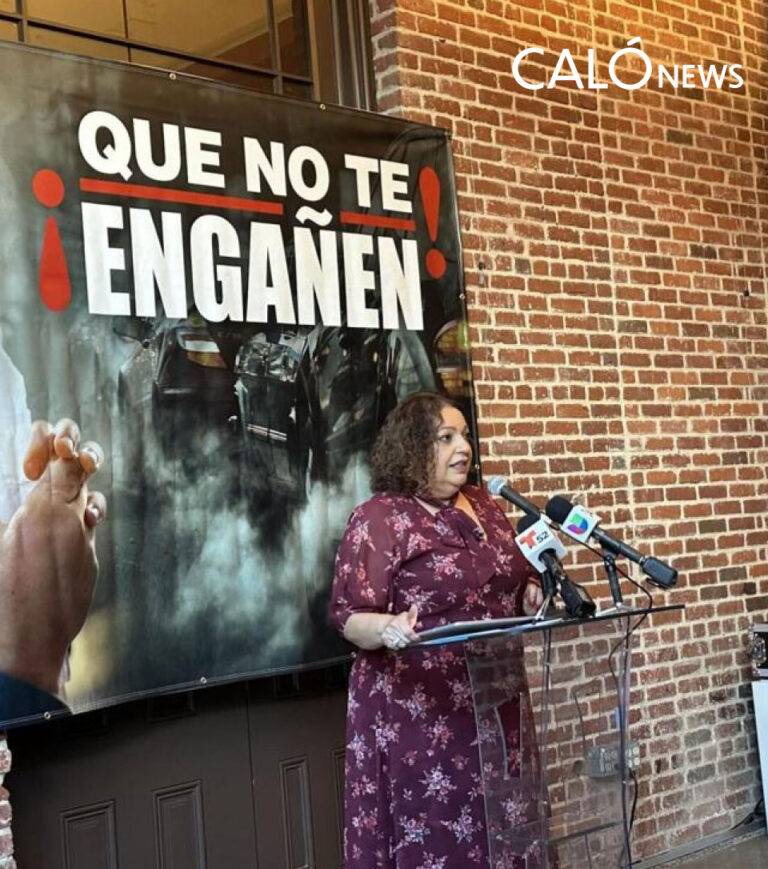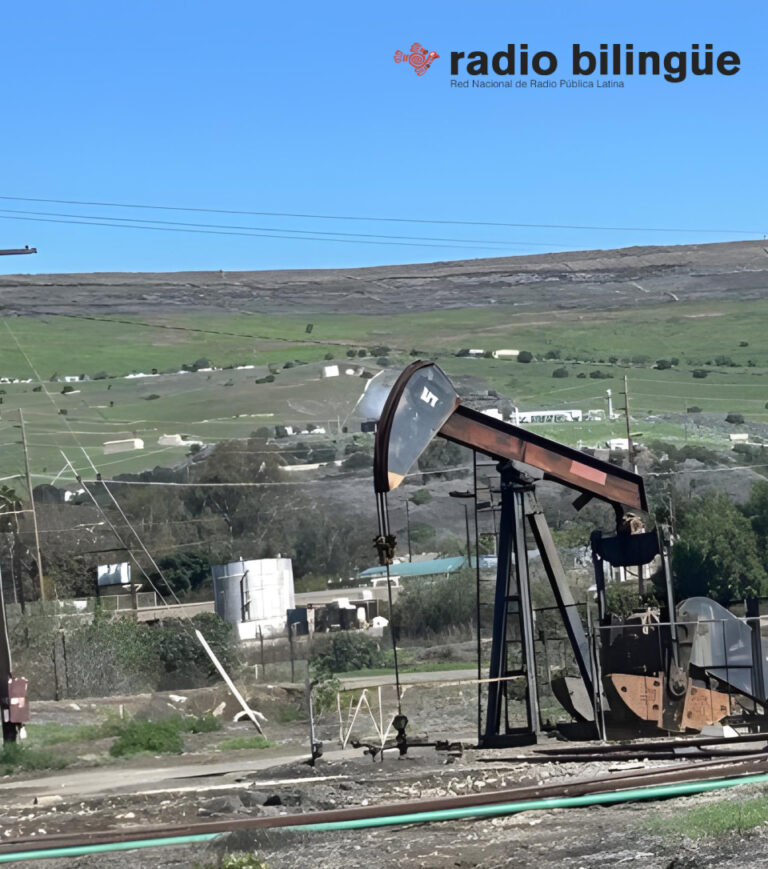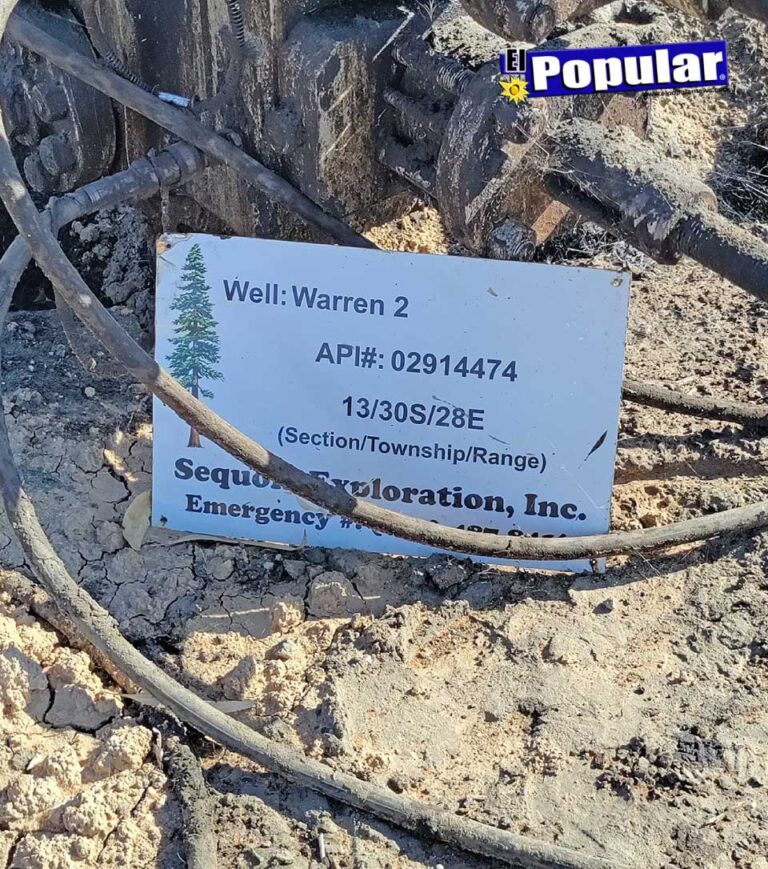A new survey reveals negative public opinion toward oil companies and the pollution they create.
There’s an intriguing paradox in our economy: oil companies exploit the land to extract oil or gas, significantly boosting their profits. In the process, they contaminate the land and air, causing numerous health problems for our population, including children. Ultimately, it’s the affected populace—through taxes and labor—who pays for the damage, not the companies.
The primary victims, as often is the case, are low-income individuals, Latinos, and African Americans in California.
Community organizations and some legislators, particularly at the state level, are commendably working to rectify this injustice.
We find ourselves at an impasse. Recognizing the imbalance does not make it disappear. We must press on, fight, and make our voices heard.
What do people think about this issue? Despite the undeniable facts mentioned above, the relentless “denial, disinformation, and double messaging” campaign from “Big Oil” seeks to “avoid responsibility for climate change,” including droughts, wildfires, floods, and sea-level rise.
This quote is from a report released on April 30 by influential federal legislators Congressman Jamie Raskin and Senator Sheldon Whitehouse, and the following day, the Budget Committee. The report details how big oil companies have waged a misinformation campaign to obstruct action on climate security since 1970.
Fortunately, there’s now a political movement aiming to hold climate change contributors accountable. Perhaps public opinion will prevail, leading to accountability for these companies.
Survey on Responsibility
A national public opinion study conducted in April shows that 66% of respondents support the “Superfund Climate Law” proposal, which would require oil companies to pay for their share of climate damage.
Currently limited to Vermont, this bill, S.259, if passed, would establish a fund to cover costs of damages caused by the climate crisis to the state and its residents. This would be a significant step forward, although modest given Vermont’s small size.
The survey question asks: “Some legislators are considering a ‘Superfund climate’ bill that would require oil and gas companies to pay a share of the cost of climate damage caused by their pollution. Do you support it?”
Among self-identified Democrats, support is impressive at 89%. However, among Republican respondents, support is only 45%, with an equal percentage opposing it.
More significantly, three out of four Latinos support the bill, higher than the general population’s support. This is not surprising since Latinos, along with African Americans, are most affected by environmental problems due to factors like proximity to pollution sources, lower economic status, and reduced access to public health resources.
The survey also found that a large majority of Latinos (77%) would support a candidate prioritizing holding oil companies accountable, making them the demographic most likely to express this opinion.
Oil Companies’ Excuses
Oil companies and natural gas magnates employ various tactics to deflect responsibility, including significant media influence, lobbying, and PR efforts.
The survey indicates that these tactics are somewhat effective. For instance, the idea of a “personal carbon footprint” aims to distribute the total greenhouse gas emissions across the entire population rather than attributing them to their true sources.
The survey didn’t ask for opinions on this concept, only if respondents had heard of it. Of those surveyed, 46% were aware of this Big Oil maneuver, while 41% were not.
Similarly, when asked if they knew that the oil and gas industry ran ads questioning climate research, 47% were aware, and 37% were not.
The notion of a “personal carbon footprint” is dangerous because it shifts the responsibility for reducing damage onto the general public. It encourages people to make minor lifestyle changes while the real polluters continue their harmful practices with impunity.
From ‘Raise Your Voice’ to ‘Don’t Be Fooled’
One of Big Oil’s campaigns, “Raise Your Voice” by the Western States Petroleum Association, falsely claimed that Latinos oppose electric cars. In January, activists launched the “Don’t Be Fooled” campaign to counteract “Raise Your Voice,” supported by La Opinión in an editorial.
Legislative Proposals in California
Against this backdrop, activists and legislators are working to hold the polluters accountable.
On May 16, the Make Polluters Pay coalition is organizing a “Lobby Day” in Sacramento, with activists meeting legislators to advocate for their priorities.
The event, coordinated by Last Chance Alliance, is sponsored by various organizations, including the Center for Biological Diversity, Consumer Watchdog, Fossil Free CA, and The Climate Center.
The initiative aims to push six legislative proposals in the California Legislature, alongside two budget requests during the ongoing state budget process.
Here are the six bills that could advance the fight against pollution and hold polluters accountable:
- SB 1497 – “Polluters Pay Climate Cost Recovery Act” by State Senator Caroline Menjivar, would require major oil producers in the state to pay for extreme weather damages and climate resilience improvements.
- AB 1866 – “Idle Well Cleanup Act” by Assemblymember Gregg Hart, mandates faster cleanup of inactive oil wells.
- AB 3155 – “Oil Well Health Damage Responsibility Act” by Assemblymember Laura Friedman, allows residents with health issues caused by toxic drilling emissions to sue oil companies.
- AB 2716 – “Low-Production Well Responsibility Act” by Assemblymember Isaac Bryan, would prohibit low-production wells near communities from staying open beyond a certain threshold.
- AB 3233 – “Local Environmental Safety and Choice Act” by Assemblymember Dawn Addis, protects local governments’ authority to restrict oil and gas production in their jurisdictions.
- SB 252 – “California Fossil Fuel Divestment Act” by State Senator Lena González, would prohibit public employee retirement funds from investing in fossil fuel companies and require divestment by 2031.
These legislative efforts represent a comprehensive offensive to prevent severe climate impacts and ensure that those responsible for the damage pay for the necessary repairs.
There is much work to be done, but we are on the right path.




